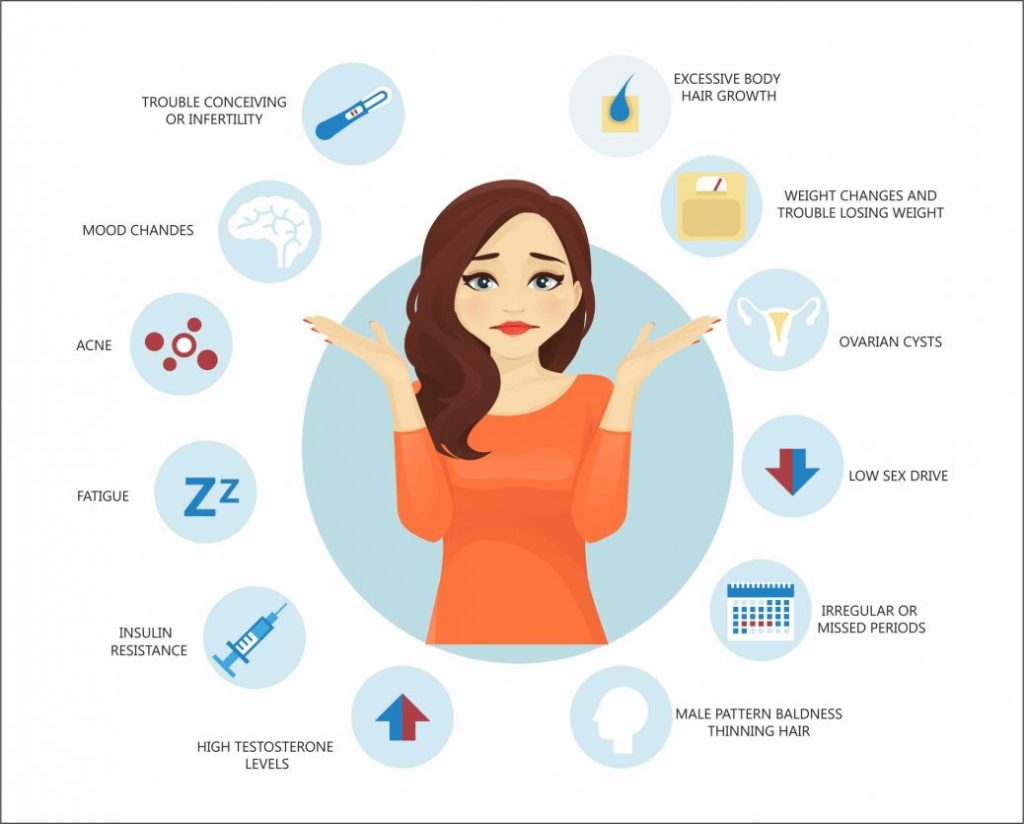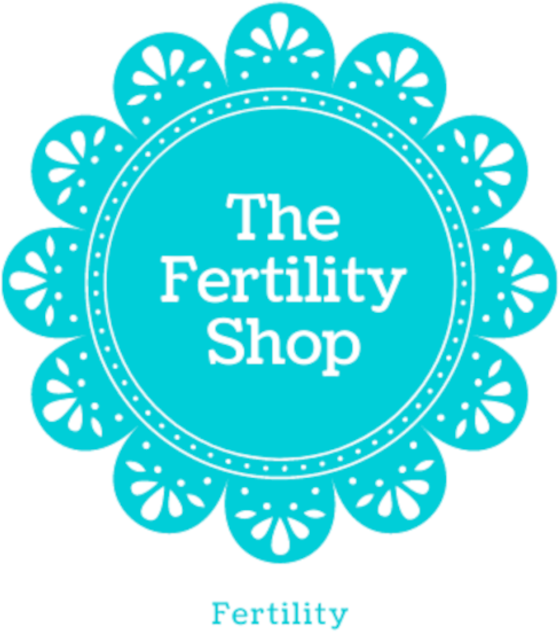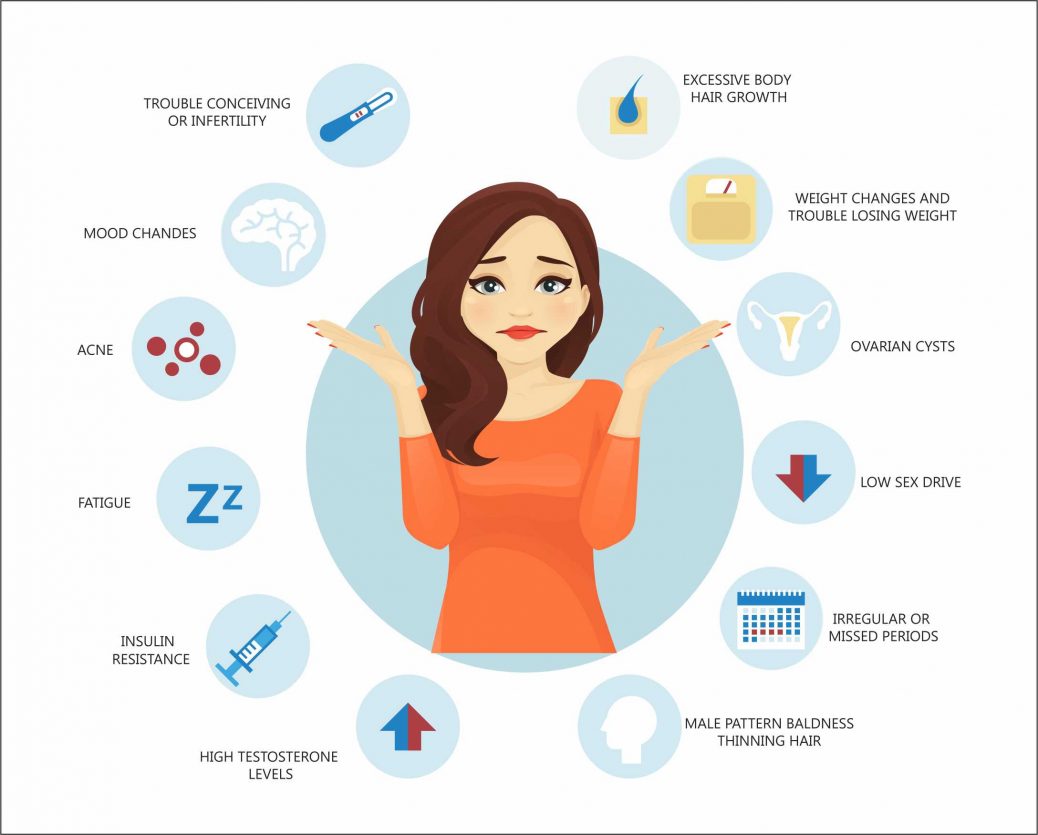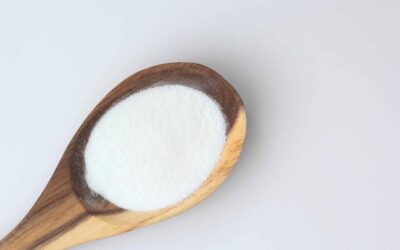
What is Polycystic Ovary Syndrome?
Polycystic ovary syndrome (PCOS) is a complex hormonal condition in women which affects many aspects of women’s health, particularly the reproductive system. Some symptoms of polycystic ovary syndrome includes;
Symptoms of Polycystic Ovary Syndrome
- Polycystic ovaries(surface of ovaries covered in many follicles)
- Irregular or absent periods
- Infertility
- Recurrent miscarriage
- Acne
- Hair loss
- Weight gain
- Excess body hair
- Skin tags
- Acanthosis Nigrican
- Diabetes
- Hypertension
- Fatigue
- Mood swings

The symptoms may be mild or severe and vary from woman to woman. These symptoms are due to abnormalities in some of the hormones that control a woman’s menstrual cycle. To understand how the imbalances in PCOS affect a woman’s cycle, let’s see what happens in a ‘normal’ cycle.
The Normal Menstrual Cycle
In a normal menstrual cycle, the first half called the follicular phase starts on the first day of a period and lasts for about 14 days. In this phase, the pituitary gland in the brain releases follicle-stimulating hormone (FSH). This stimulates the follicles (tiny cysts containing immature eggs) in the ovary to grow. As the eggs mature, oestrogen which causes the lining of the womb to start thickening in preparation for pregnancy is produced. When the levels of oestrogen are high enough, the pituitary gland releases luteinizing hormone (LH) and the dominant matured follicle in the ovary releases its egg into the fallopian tubes in a process called ovulation.
After ovulation, the luteal phase starts. Here the cells from the ruptured follicle form a cyst called corpus luteum. This produces a hormone, progesterone which causes the thickened lining of the womb to secrete nutrients in preparation for the fertilised egg. If the egg is fertilized, it will be implanted in the womb and the corpus luteum will continue to produce progesterone to support the pregnancy. If it is not fertilized, the corpus luteum stops producing progesterone. Then the progesterone and oestrogen levels fall and the lining of the womb tears down and is shed as blood which is known as a menstrual period.
What happens in PCOS?
In PCOS there is an imbalance in FSH (the hormone that matures the follicles) and LH (the hormone that triggers ovulation) this makes periods irregular or absent and makes it difficult to become pregnant. Also, because there is no ovulation, there is no increase in progesterone to balance the hormone oestrogen in the second half of the cycle and you get symptoms such as fatigue, hot flashes, mood swings, depression and yet, no periods.
Since the body’s hormones system is interconnected, an imbalance in one hormone can affect the balance of others. PCOS increases the secretion of insulin hormone which is produced by the pancreas to regulate the level of glucose in the blood. Many women may become insulin resistant because the body produces excess insulin to push glucose into the cells. Insulin also encourages the body to store excess sugar as fat. This causes some symptoms of polycystic ovary syndrome such as weight gain, difficulty in losing weight and often a development of type 2 diabetes.
The high levels of insulin signal to the ovaries to secrete testosterone and inhibit hepatic sex hormone binding globulin (SHBG) production which leads to an increased level of circulating testosterone. This causes some other symptoms of polycystic ovary syndrome (PCOS) in women which are acne, facial hair growth and male pattern baldness (hirsutism). Excess insulin in the bloodstream also signals the ovaries to release more oestrogen, which may suppress ovulation. PCOS women also suffer from low-grade inflammation.
What causes PCOS?
Doctors do not fully understand yet what causes these hormonal abnormalities. It is thought that it is hereditary. Whereby some women inherit genes that expose them to a greater chance of having PCOS, but whether or not these women develop PCOS depends on several additional factors such as diet and lifestyle.
How is PCOS diagnosed?
PCOS is diagnosed based on a patient’s symptoms and physical appearance. It is confirmed by an ultrasound scan of the ovaries and blood test to check the levels of different hormones listed below.
Pituitary and Ovarian Hormone serum levels:
- Luteinizing Hormone (LH)
- Follicle Stimulating Hormone (FSH)
- Estradiol
- Progesterone
- Prolactin
Circulating Androgens:
- Free testosterone
- Free androgen index (FAI): 17-hydroxyprogesterone
- Sex hormone binding globulin (SHBG): 24 hr. urinary free cortisol
- Dehydroepiandrosterone sulfate (DHEA-S)
Some practitioners may include the following tests:
✓Glucose tolerance test
✓Thyroid panel
✓Blood lipid profile
To be diagnosed with PCOS you will have to meet 2 out of 3 criteria, known as the Rotterdam Criteria:
1. Delayed ovulation or menstrual cycles (anovulation)
2. Hyperandrogenism ( high androgenic hormone like testosterone/ signs of)
3. Polycystic ovaries on ultrasound
PCOS is a complex endocrine condition, exhibiting itself differently in each woman. Check out polycystic ovary syndrome (PCOS) supplements.






0 Comments